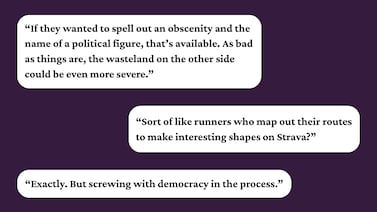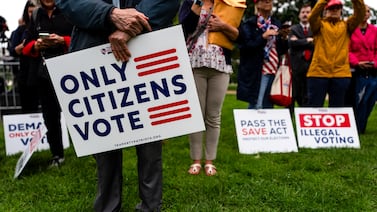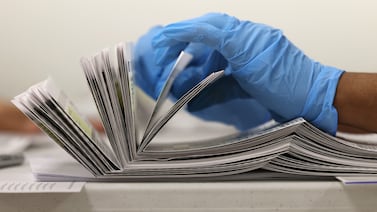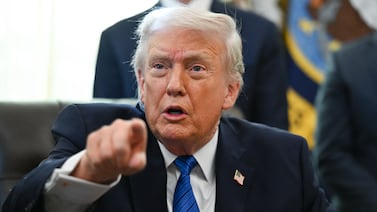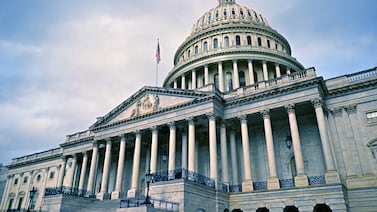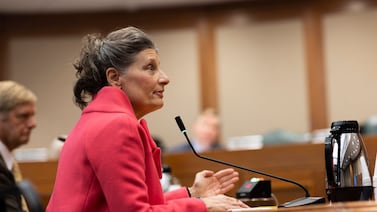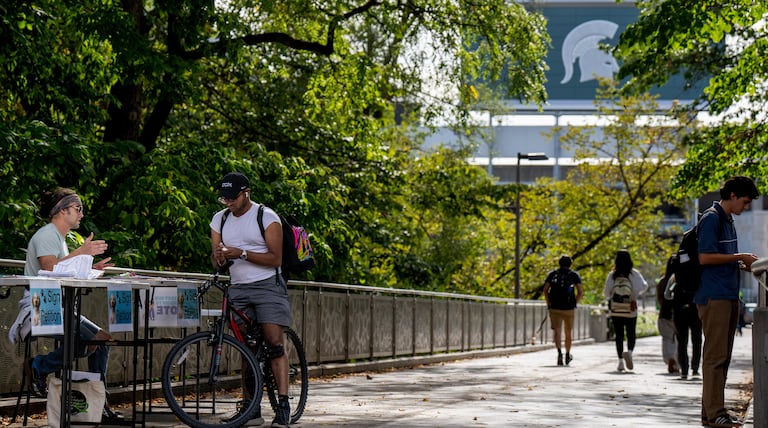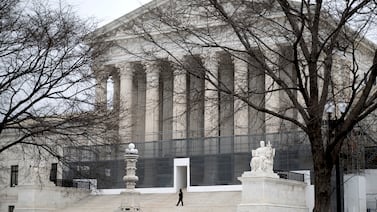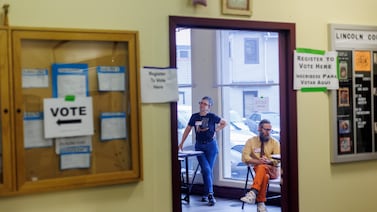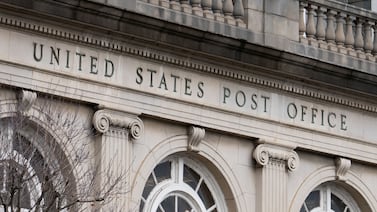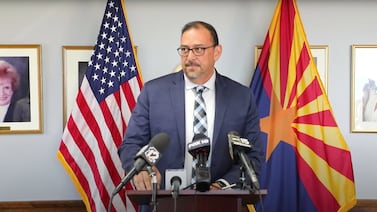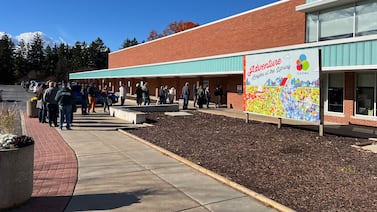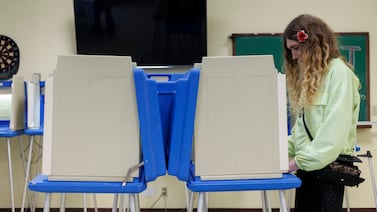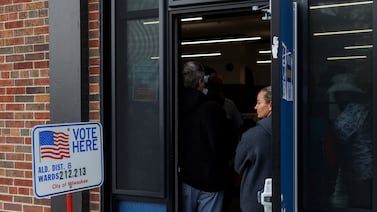Election Laws
A Supreme Court case could turbocharge mid-decade gerrymandering.
If enacted, the SAVE America Act would create hurdles for potential voters and election officials alike.
New state laws, postmark changes, and a Supreme Court case could put thousands of ballots at risk of rejection.
Several candidates were disqualified after thousands of their signatures turned out to be forged.
Judge David Conway held that state law allows people to seek damages against election officials who "negligently deprive citizens of the right to vote.”
Some interpretations of his comments are more extreme; others, more realistic.
Addressing bottlenecks and giving voters something to do can help shorten waits and improve the experience.
A rare intervention underscores the ‘wrongness and the dangerousness’ of the notion that absentee voting is a privilege, not a right.
The bills would expand federal authority, requiring proof of citizenship when registering to vote and photo IDs when voting.
Accepting the city’s defense in a lawsuit seeking damages for lost ballots would free election officials to diminish voting rights, the governor warns in a court filing.
The ruling said activist Laura Pressley’s case was moot, because the state has already banned the practice she challenged.
Michigan lawmakers have tried to change laws governing signature gathering, but proposals have stalled.
The ruling could increase the number of lawsuits over elections — but also encourage candidates to bring them sooner.
Courts have so far blocked key provisions of the president’s executive order, but it’s had more influence over federal agencies.
The city and its former clerk cite a 1985 Wisconsin law to argue they can’t be sued over 2024 errors. Their strategy could reignite a debate over the law’s constitutionality.
Ballots mailed on Election Day may not be postmarked the same day. In some places, that could mean voters are at risk of being disenfranchised.
State officials say it would be illegal to turn over voters’ personal information to the federal government.
Legal fights, court rulings, and state power struggles could shape how the midterms are run.
In 2023, Thornapple opted to stop using electronic voting machines in favor of allowing only hand-marked ballots.
The DOJ has now sued at least 21 states in search of voter information that election officials say would be illegal to disclose.

